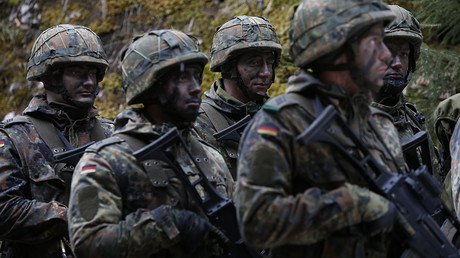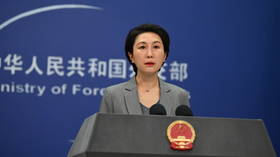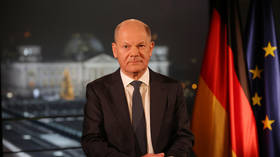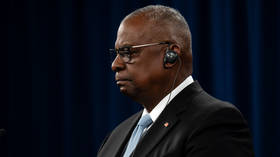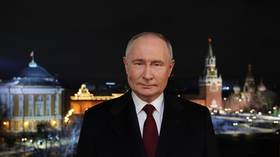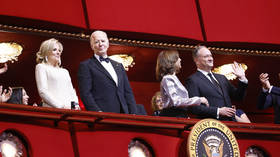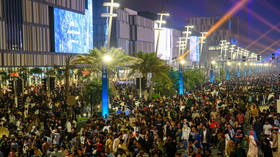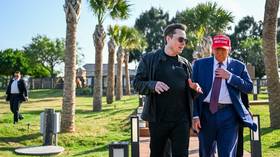Germany urges restart to arms control agreement with Russia
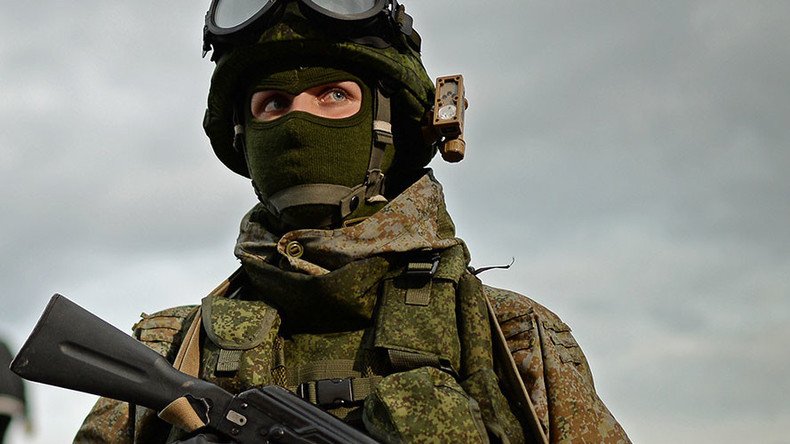
German Foreign Minister Frank-Walter Steinmeier has called for a new arms control deal to be signed with Moscow, saying this is needed to prevent an escalation of tensions in Europe.
“We must all be united in the desire to avoid a further twist in the escalating spiral,” Steinmeier wrote in an opinion piece in the Frankfurter Allgemeine Zeitung’s Friday edition.
He also said that he thinks the security of Europe is “threatened,” stressing that the issue should be “at the top of the political agenda,” as quoted by AFP.
“In addition, we want a structured dialogue with all partners who carry responsibility for the security of our continent,” he said, while arguing that the deal should be a “proven means for transparency, risk avoidance and confidence building.”
Seemingly referring to Crimea’s reunion with Russia back in 2014, Steinmeier slammed Moscow for allegedly breaching “non-negotiable” principles of peace.
New military capabilities should be taken into account, with new weapons like drones put on the list, Steinmeier said. He also called for “true verification,” insisting that agreements are also applicable to areas “whose territorial status is controversial” – again, possibly referring to Crimea.
Steinmeier’s comments come two days after a group of former foreign and defense ministers expressed concern over escalating tensions between NATO and Russia, while stressing that there should be common rules to prevent a military conflict.
Steinmeier is part of the Social Democratic party, which usually takes more favorable stance towards Russia. The foreign minister came under fire from NATO in June after he accused the military alliance of “sabre-rattling and shrill war cries” that could negatively impact relations with Russia.
Moscow has long been critical of NATO’s actions in Eastern Europe, viewing its buildup as a potential threat. During a Russia-NATO council meeting back in July, Russia’s envoy, Aleksandr Grushko, slammed the bloc for “forcing” Moscow “with its actions to adapt our military strategy to a new security situation.”
Last month, NATO approved the deployment of an additional four battalions in the Baltic States and Poland and, in July, Canada pledged to send 1,000 troops to Latvia, which also boosts NATO’s presence in the region.
READ MORE: Unity, but not unanimity? NATO split on countering Russia amid Warsaw summit
Not everyone within NATO agrees with the bloc’s current line, however. Apart from Steinmeier, German Vice-Chancellor Sigmar Gabriel, an influential yet moderate politician, said NATO that must change its policy.
“We must ask if the world would be a better place when both sides conduct military exercises on the borders and arm themselves,” Gabriel said last month during the Warsaw meeting.
His words were echoed by Chancellor Angela Merkel herself, who addressed the country’s MPs in July, saying that “there is an agreement among our partners and the [NATO] alliance, and we are united on this, that long-lasting security can only be ensured in cooperation with, not in defiance of, Russia.”
